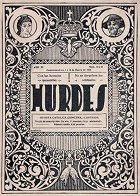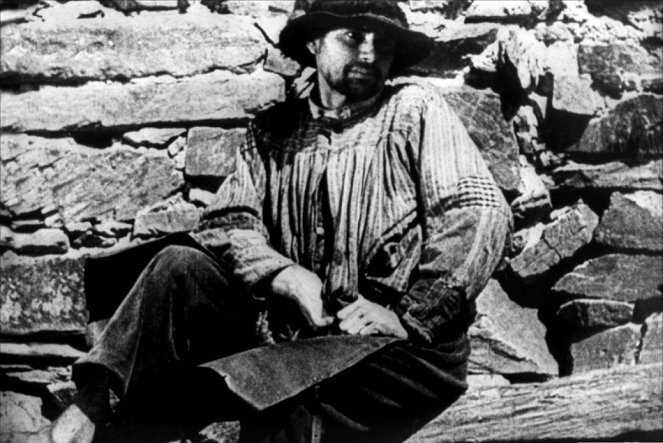Sinopses(1)
Documentário que, inspirando-se numa tese etnográfica de Maurice Legendre, descreve a vida numa região desolada de Espanha, as Hurdes, situada entre Salamanca e a fronteira portuguesa, perdida no meio de uma cordilheira. A equipa de rodagem tenta ajudar os habitantes na sua luta contra as doenças e outros perigos, mas sem sucesso. Ao fim de dois meses nas Hurdes, a equipa parte. (Leopardo Filmes)
(mais)Críticas (2)
The early part of Buñuel’s career as a director culminated with a documentary that isn’t a surrealist amalgamation of dreamlike images or the thematising of sexual fantasies, but an attempt to change the established order with its political subtext (which he did not even come close to achieving due to the fact that the film was banned in Spain). The impoverished Las Hurdes region serves here as a symbol of the backwardness and class conflicts of Spain as a whole, where many people still subsisted in very primitive conditions at that time. Due to a certain respect toward the local people, Buñuel doesn’t assault viewers (and preferentially the “responsible” representatives of the Spanish bourgeoisie and the Church) with the aggressiveness of his two previous films. A feeling of unease is evoked more slowly by fostering certain expectations and then demolishing them. Buñuel capitalised on the conventions of travel documentaries, ridiculing their inauthenticity and superficiality (like Flaherty, for example, he did stage some situations for the camera). The film reveals the director’s interest in people who have been overlooked and ignored, a theme to which he returned in The Young and the Damned. As in that film, in Land Without Bread he sympathises with them, but he captures their lives without any sentimentality. Brazen in its time, still raw and bold today. 75%
()
Luis Buñuel is not cruel, but he is matter-of-fact. With a dry and documentary-like tone, the film informs us about the poverty in the region, what happens there, and its consequences. Death is an everyday occurrence, and the narrator presents these facts to us almost coldly. But it comes across even more effectively because it's clear that the government treats the region with the same coldness, ignoring the poverty and death. The film is timeless because poverty still exists, just like the apathy of those in power.
()

